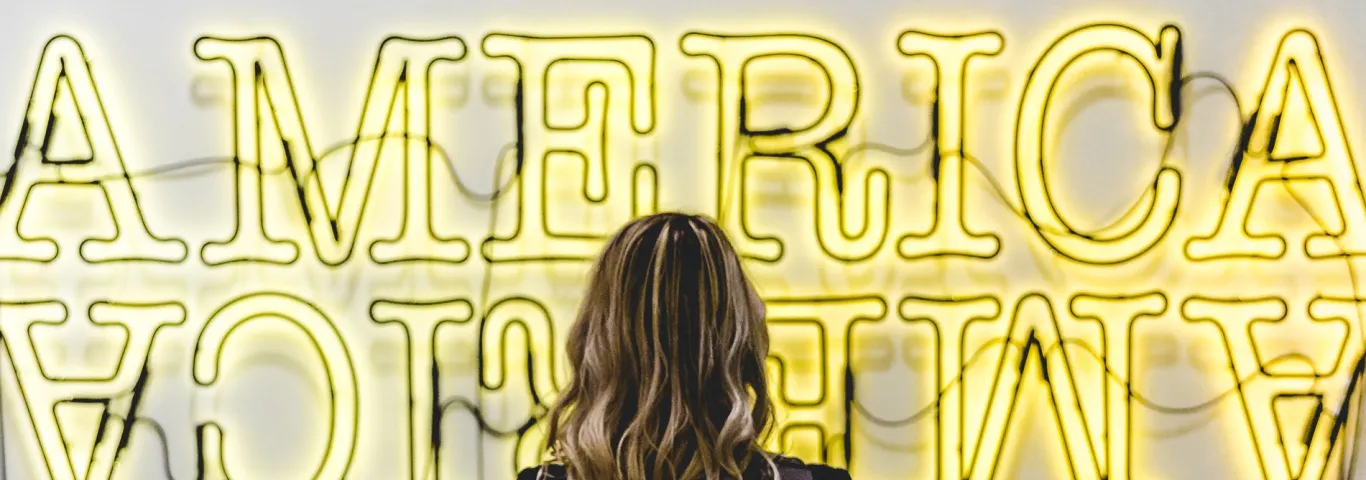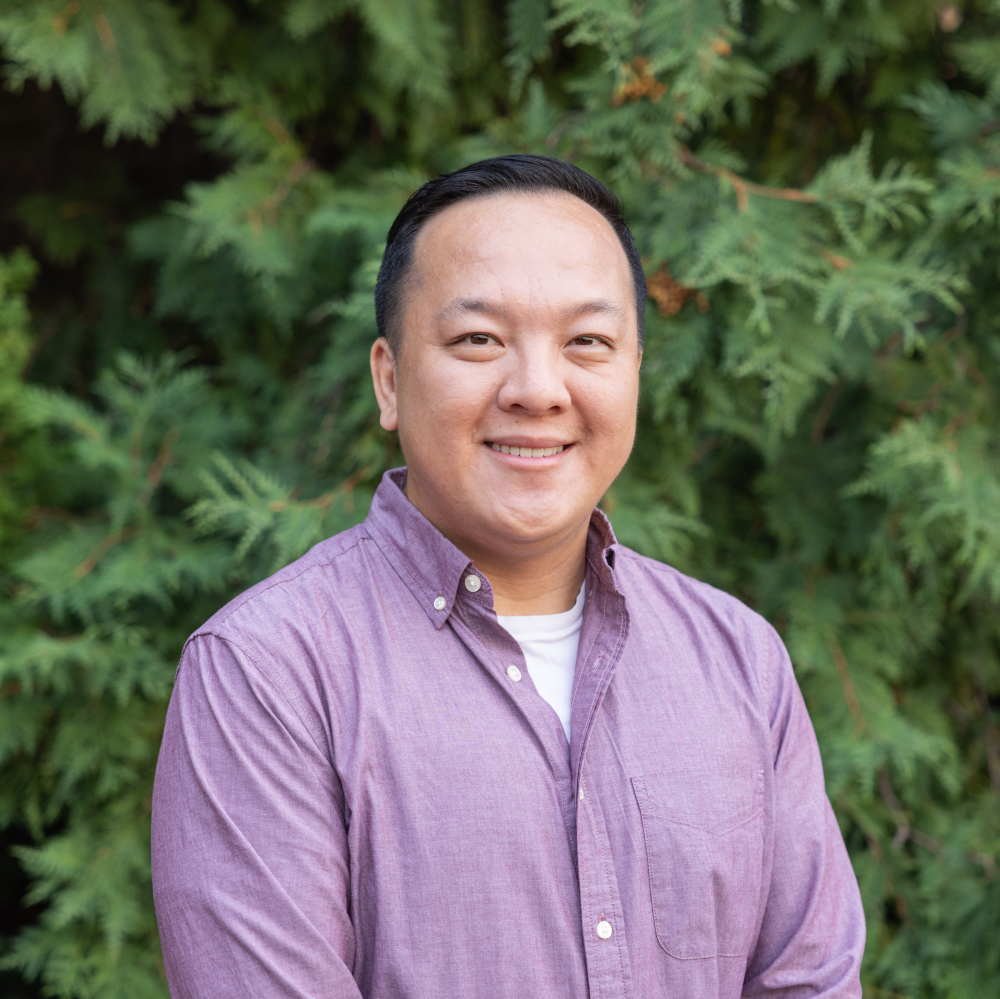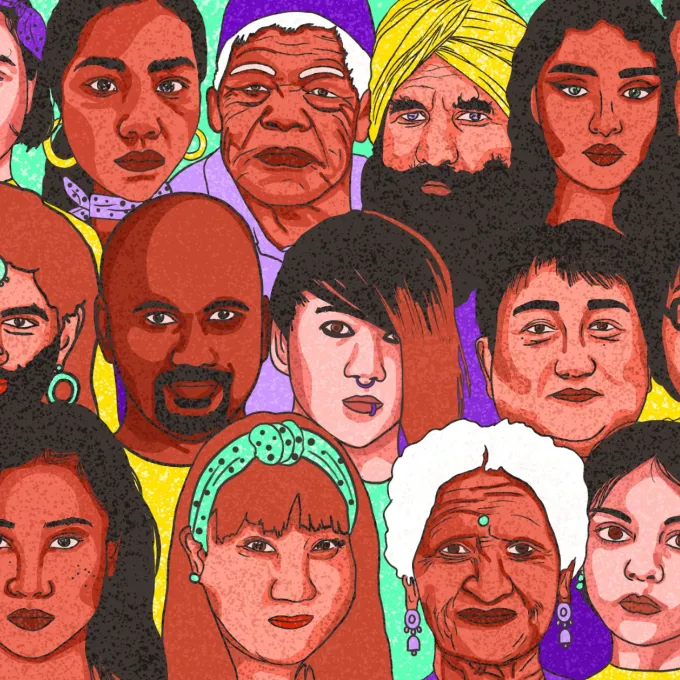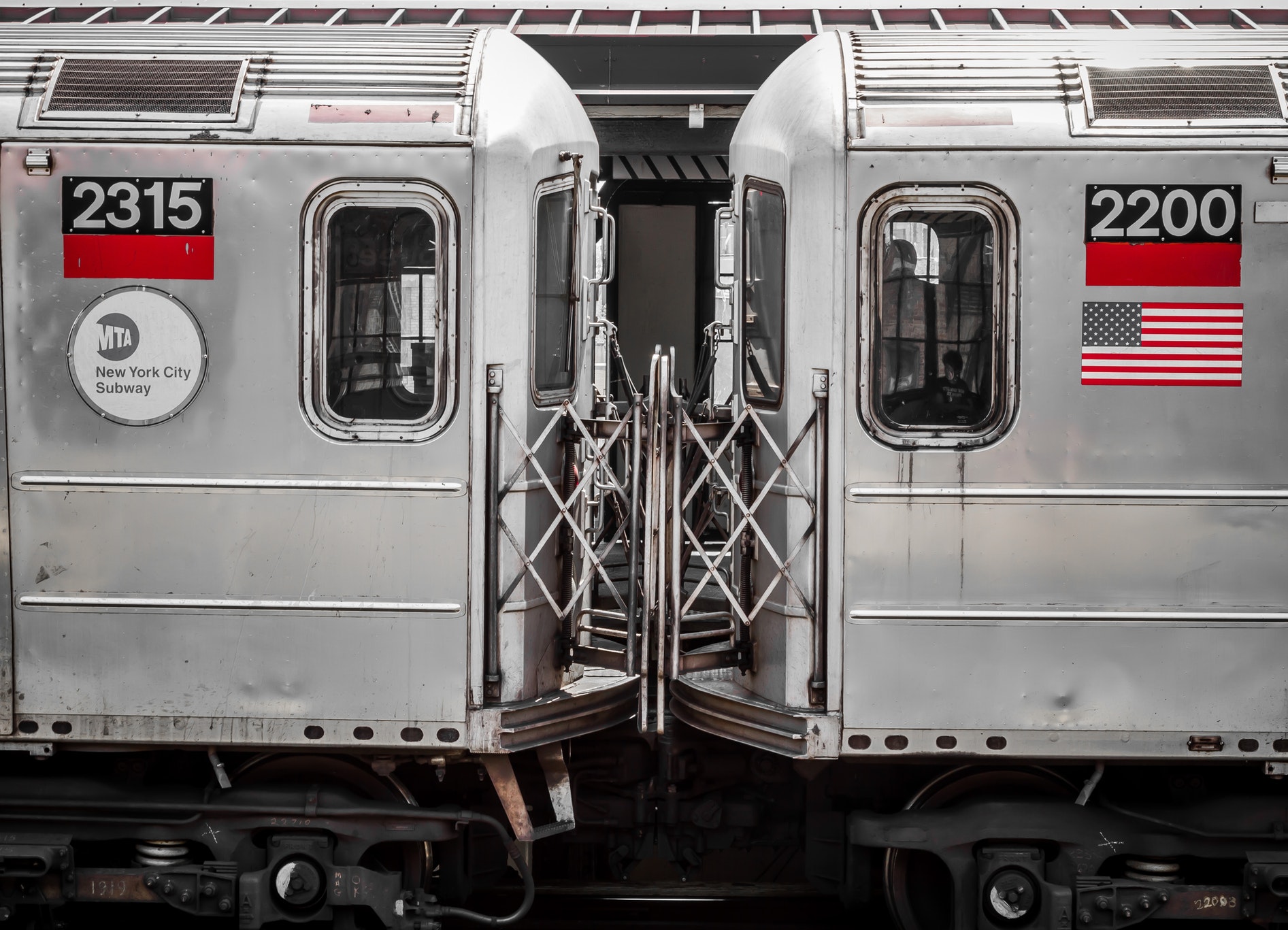"The Sonic Chaos of Memory: A Conversation with Alison Rollins"
Born and raised in St. Louis, Alison Rollins is an acclaimed educator, librarian, and poet. Her poetry explores issues of race, culture, and identity, including the city’s racial landscape, and has won numerous awards, including the 2016 Ruth Lilly and Dorothy Sargent Rosenberg Poetry Fellowship from the Poetry Foundation, and second prizewinner of the 2016 James H. Nash Poetry contest. Her poems have appeared in American Poetry Review, Hayden’s Ferry Review, Meridian, Missouri Review, The Offing, Poetry, The Poetry Review, River Styx, Solstice, Tupelo Quarterly, and Vinyl. For this forum, Rollins presented and discussed poems on historical understandings of memory and issues of trauma, materiality, bodies, and race. The forum discussant, Aaron Coleman, a PhD student in the Comparative Literature Program's Track for International Writers at Washington University, is the author of the chapbook, St. Trigger, which won the 2015 Button Poetry Prize, and a full-length collection, Threat Come Close. His poetry has won many awards and appeared in Boston Review, Fence, and New York Times Magazine.





